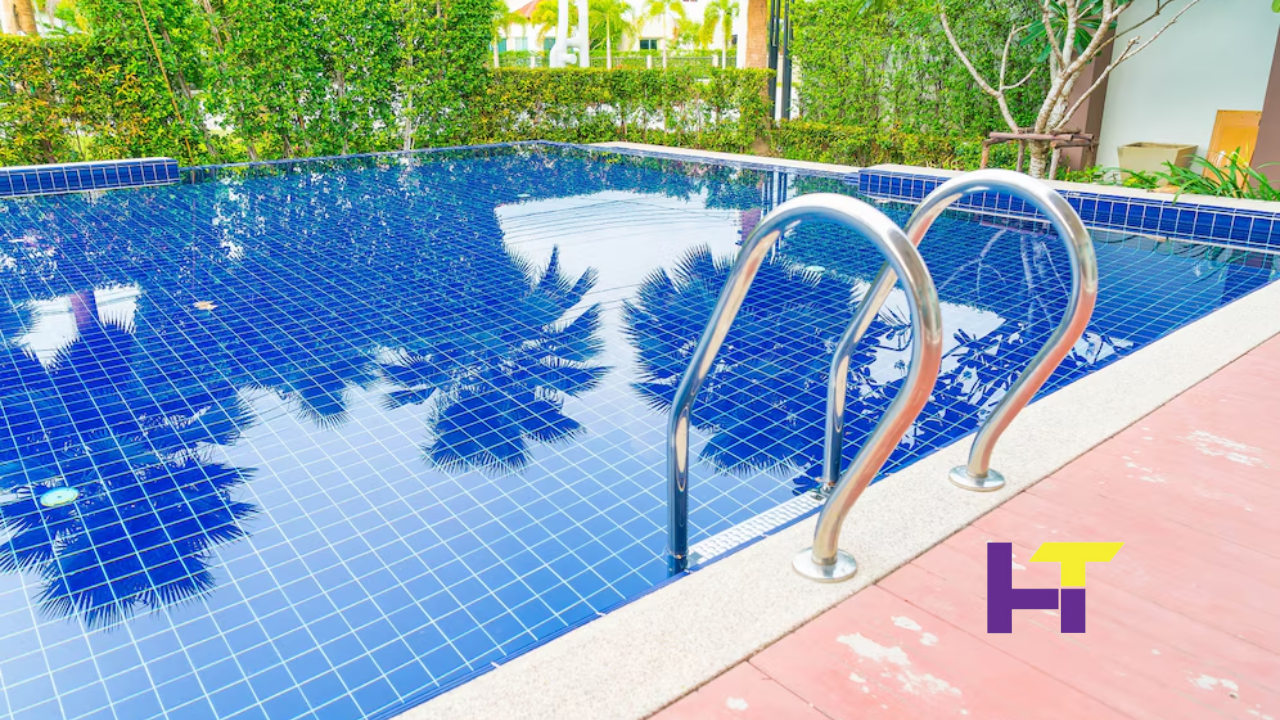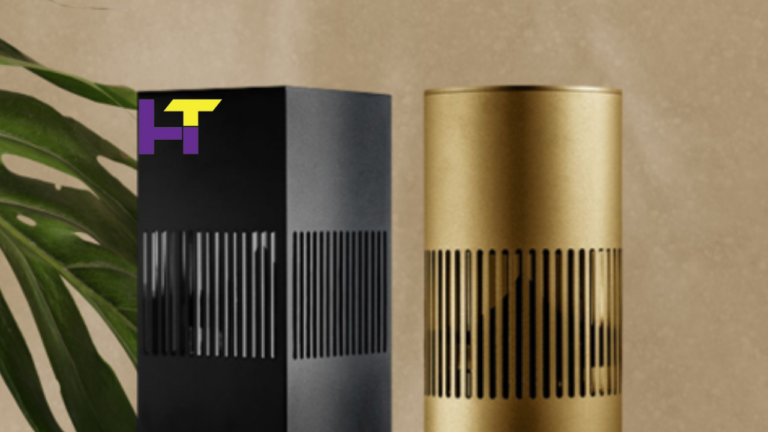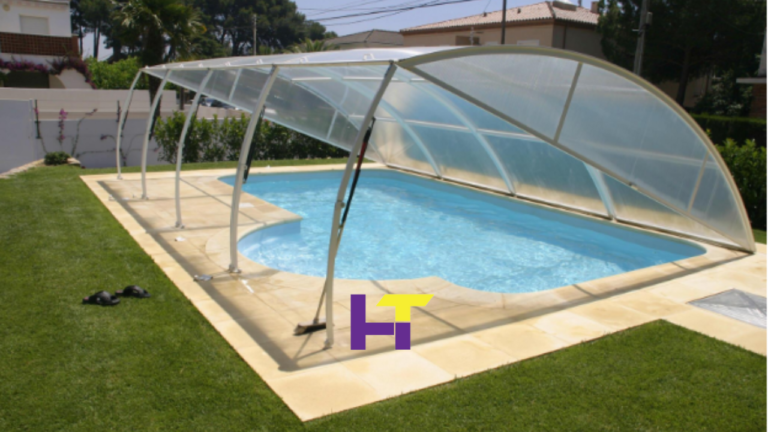Comprehensive Guide to Pool Equipment Service: Ensuring Optimal Performance and Longevity

Owning a pool is a luxury and a gateway to relaxation and enjoyment, especially on scorching summer days. Yet, to preserve this oasis of tranquility, maintaining your pool’s equipment becomes paramount. Each component—from pumps and filters to heaters and automation systems—is pivotal in ensuring your pool’s optimal performance, longevity, and, most importantly, safety. This comprehensive guide delves into the critical importance of regular pool equipment service, outlines essential maintenance tasks, identifies signs of equipment issues, and provides practical tips to uphold the seamless operation of your pool throughout the year.
The Vital Importance of Pool Equipment Service
Regular pool equipment maintenance is not merely about upkeep; it’s about safeguarding your investment and ensuring a safe swimming environment for you and your loved ones. Here’s why maintaining your pool’s equipment is crucial:
- Optimal Performance: Well-maintained equipment operates with heightened efficiency, facilitating optimal water circulation and ensuring every pool corner receives adequate filtration and treatment. This meticulous care results in water that is not only clearer and cleaner but also impeccably balanced regarding pH levels and chemical composition. Such pristine water quality enhances the pool’s aesthetic appeal and creates an inviting environment conducive to a delightful swimming experience. Swimmers can relish in the refreshing sensation of crystal-clear water, free from debris or impurities, thereby maximizing their relaxation and enjoyment in every dip.
- Enhanced Longevity: Routine servicing prevents premature wear and tear of components, extending their lifespan and reducing the need for costly replacements.
- Safety Assurance: Properly functioning equipment minimizes the risk of malfunctions that could compromise pool safety, such as inadequate filtration or circulation issues.
- Cost-Efficiency: Addressing minor issues through regular maintenance prevents significant breakdowns that can lead to expensive repairs or replacements down the line.
- Water Quality: Effective equipment maintenance supports optimal water chemistry and sanitation, reducing the likelihood of algae growth, cloudy water, or chemical imbalance.
Importance of Regular Pool Equipment Service
Pool equipment service involves routine inspections, maintenance, and occasional repairs to keep all components functioning effectively. Here are key reasons why regular servicing is essential:
- Performance Optimization: Properly maintained equipment operates more efficiently, ensuring adequate circulation, filtration, and water treatment.
- Extended Lifespan: Regular service helps prevent premature wear and tear, prolonging the lifespan of expensive pool equipment.
- Safety Assurance: Well-maintained equipment reduces the risk of malfunctions or breakdowns that could compromise pool safety.
- Cost Savings: Addressing minor issues promptly through regular servicing prevents costly repairs or replacements in the future.
- Water Quality: Maintaining equipment ensures effective water filtration and treatment, contributing to clean and safe swimming conditions.
Common Pool Equipment Components and Their Maintenance Needs
- Pumps
Pool pumps are the heart of the circulation system and are responsible for moving water through the filtration system. They require regular inspection and maintenance to ensure optimal performance:
- Service Tasks: Check for leaks, inspect motor and impeller for debris, clean pump strainer basket, and lubricate motor bearings as needed.
- Frequency: Annually or bi-annually, depending on usage and manufacturer recommendations.
- Filters
Pool filters (sand, cartridge, or DE) remove debris and contaminants from the water. Proper maintenance is essential for efficient filtration:
- Service Tasks: Backwash sand filters, clean cartridge filters, or recharge DE filters regularly. Inspect for tears or damage and replace filter media as needed.
- Frequency: Monthly cleaning, with deep cleaning or replacement annually.
- Heaters
Pool heaters extend the swimming season by maintaining water temperature. Regular maintenance ensures efficient operation:
- Service Tasks: Clean or descale heat exchangers, inspect burners, check for leaks, and calibrate temperature settings.
- Frequency: Annually, before the heating season begins.
- Automation Systems
Automation systems control pool functions (filtration, heating, lighting) for convenience and energy efficiency:
- Service Tasks: Update software, check for connectivity issues, calibrate sensors, and inspect electrical components.
- Frequency: Bi-annually or as recommended by the manufacturer.
- Chemical Feeders
Chemical feeders automate chlorine or salt distribution, maintaining water balance and sanitation:
- Service Tasks: Clean feeder lines, inspect valves, and replace feeder cartridges or probes as needed.
- Frequency: Quarterly or as recommended by the manufacturer.
Signs Your Pool Equipment Needs Servicing
Recognizing early signs of equipment issues can prevent costly repairs and downtime. Watch for these indicators that may signal the need for professional pool equipment service:
- Unusual Noises: Grinding, squealing, or humming sounds from pumps or motors.
- Poor Water Quality: Cloudy water, algae growth, or inconsistent chlorine levels.
- Decreased Water Circulation: Weak jets or low water flow from returns.
- Leaks or Drips: Pool equipment should not leak water or show signs of corrosion.
- Higher Utility Bills: Increased energy consumption without changes in usage patterns.
DIY Maintenance Tips for Pool Owners
While professional servicing is essential, pool owners can perform routine maintenance tasks to supplement professional care:
- Skimming and Vacuuming: Regularly remove debris from the water surface and vacuum the pool floor.
- Monitor Water Chemistry: Test water pH, chlorine, and alkalinity levels weekly and adjust as needed.
- Inspect Pool Deck: Check for signs of leaks, cracks, or settling around pool equipment.
- Clean Skimmer Baskets: Empty skimmer and pump baskets weekly to prevent clogs.
- Winterize Equipment: Properly winterize pool equipment if you live in a seasonal climate to avoid freezing damage.
Choosing a Professional Pool Equipment Service Provider
Selecting a reputable pool equipment service provider ensures quality maintenance and timely repairs. Consider these factors when choosing a service provider:
- Experience: Look for providers with extensive experience servicing various types and brands of pool equipment.
- Credentials: Verify licensing, insurance, and certifications to ensure compliance with industry standards.
- References: Check customer reviews and ask for references to gauge satisfaction levels.
- Services Offered: Ensure the provider offers comprehensive maintenance, repair, and emergency services.
- Cost and Contracts: Before committing, understand pricing structure, service agreements, and warranty terms.
Conclusion
Regular pool equipment service is essential for maintaining a safe, efficient, enjoyable swimming environment. By prioritizing routine maintenance and promptly addressing equipment issues, pool owners can extend the lifespan of their equipment, optimize performance, and enhance water quality. Whether you choose to perform DIY maintenance tasks or enlist the services of a professional, investing in regular servicing ensures your pool remains a source of relaxation and enjoyment for years to come. Take proactive steps today to keep your pool equipment in peak condition and enjoy worry-free swimming seasons ahead.
Read More: Home Security Companies Near Me Servleader.






